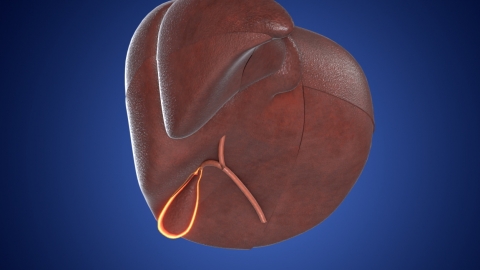Is cholecystitis a chronic disease?
Chronic cholecystitis is generally considered a chronic disease, characterized by recurrent symptoms and a prolonged course of illness; in contrast, acute cholecystitis typically manifests as an acute episode with a short duration and does not fall under the category of chronic diseases. If there are any concerns, it is recommended to seek medical advice early. Detailed analysis is as follows:

Chronic cholecystitis is often caused by factors such as gallstones or long-term bile stasis. Symptoms tend to recur and include dull pain in the right upper abdomen, post-meal bloating, nausea, etc., persisting for months or even years. In such cases, the gallbladder wall gradually thickens and its function deteriorates slowly, requiring long-term management through dietary adjustments and medication—features consistent with the characteristics of a chronic condition.
Acute cholecystitis is commonly triggered by sudden obstruction of the cystic duct (e.g., due to stone blockage) or bacterial infection. Symptoms develop abruptly, including severe pain in the right upper abdomen, fever, vomiting, etc. The illness has a short course, and most patients experience symptom relief within 1–2 weeks after timely treatment. If inadequately treated, acute cholecystitis may recur and progress into the chronic form. However, during a single acute episode, because of its sudden onset and brief duration, it is not classified as a chronic disease.
When symptoms suggestive of cholecystitis occur, prompt medical evaluation is necessary to determine the specific type. Patients with chronic cholecystitis should adhere to a long-term low-fat diet and take medications as prescribed. During acute episodes, immediate medical attention is essential to prevent complications from delayed treatment. Regular follow-up examinations are also important after treatment to monitor gallbladder status and track disease progression.









